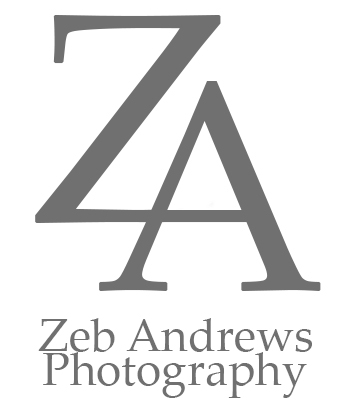Why do you use film cameras?
There is no simple answer to this question. I always start by emphasizing that I use and enjoy both film and digital cameras in my work. With that out of the way, I would add that I like the aesthetic properties of film images, not better than digital but definitely differently than digital. The grain found in black and white film for example, it just adds so much depth, texture and character to film images. I also enjoy the process that different cameras lend to their users. My photographic process is different if I am using my phone versus looking at the world through the waist level finder of a Hasselblad medium format camera... and no camera has changed how I see things more than my pinhole cameras. There is also a pleasure to be had in using a rugged, durable, mechanical camera that relies on you to do everything either correctly or incorrectly. My film cameras make me a better photographer because they don't show me the results right away. Oftentimes in my classes I have students ask me about doing film photography because they are interested to learn. My response is generally to go for it because everything they have learned about exposure carries right over. But then they pause uncertainly and ask how will they know they are doing it right without the screen on the back of the camera to show them? There are no screens on the backs of my film cameras, the results are governed by a mix of experience, intuition and luck. Lastly, I appreciate having a film camera that is older than I am. My Hasselblad was built in 1970. It still works as well as ever. I can conceivably live the rest of my life with this camera, both of us slowly accumulating scars and other mementos of time and adventures shared. One day I can give this camera to my son and he can use it if he wishes and I have a great appreciation for that. In those intervening years who knows how many digital cameras and phones I will have gone through but it will be more than a few.
What's a pinhole?
Start with the notion that a camera is a light-tight box with a piece of film or a digital sensor inside it. Now you attach a lens to the front of the box to focus your image. With a pinhole camera you have that same light-tight container but instead of a lens there is just a tiny hole drilled in a piece of metal foil. The hole is so small that it focus the light without the use of glass optics. The images tend to be softer and more impressionistic, think painterly. Since the pinhole-sized aperture is so small and barely any light gets in, exposures with pinhole cameras also tend to be much longer, anywhere from a few seconds to minutes, hours or days. The technology behind pinhole cameras is so primitive that the cameras can be made out of anything that you can make light-tight. I have seen pinhole cameras made from oatmeal containers, matchboxes, paint cans, garbage cans, minivans, coconuts, pumpkins, studio apartments and airplane hangars. You can even get a pinhole body cap to turn your SLR or DSLR into a pinhole camera. The pinhole cameras I use are commercially made either by Zero Image, Innova, or Reality So Subtle.
Any tips for beginning photographers?
Plenty but they change depending on the day of the week or the direction of the wind. My first piece of advice would be to do photography because you love it and make sure to do it in a way that you love. Passion is the key to great things and if you love being a photographer you will go out more often for longer hours making more photos. You'll get up early and stay out late. You'll muse over photos while laying in bed waiting to fall asleep. Enjoy it as much as you can and all the other good things will follow in due course. Also, carry your camera with you everywhere and I do mean everywhere. The best way to guarantee you will see something that will make an awesome photo is to leave the camera at home. Plus, the weight of the camera on your shoulder will be a constant subtle reminder to always be on the lookout, to continuously make the effort to think and see as a photographer. Last I would suggest looking at as much photography as possible. Photography is a visual language so some of the things one can learn from it can only be communicated effectively visually. And vary the photography you consume. Look at the photography and photographers in the genres you are interested in but seek out others as well. Limit the time you spend looking at images on-line and balance that with gallery shows or photography books. There is so much more time and effort spent producing shows and books that the invest of time you make in looking at them usually pays off. I cannot tell you how much of my own photography I learned or had influenced by what I saw from other photographers via their shows and books.
